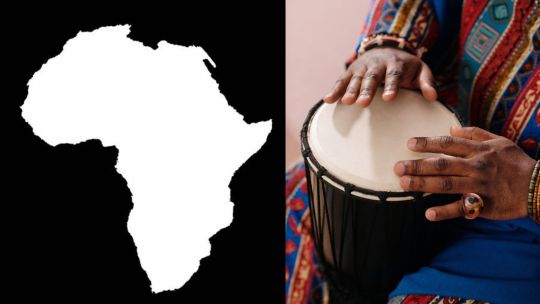
Education Stakeholders Advocate for Cultural Integration into the Curriculum
The Education sector stakeholders are advocating for the integration of cultural studies into the school curriculum.
They say this would enable students to gain a deeper understanding of their own culture, as well as diverse cultures, including their country’s heritage.
Faced with modernization and the increased use of Artificial Intelligence (AI)-enabled devices, there are fears of the potential eradication of culture in a society where 70 percent of the population is comprised of youth.
The director of the Nakuru School, Tabitha Waitindi, is concerned that Kenyan cultural heritage has been one of the most neglected subjects over the years. She added that as modernization sweeps the nation, fewer of the 40 or so ethnic communities maintain their traditions.
According to Waitindi, the incorporation of cultural studies into the school curriculum will instill in young students the importance of appreciating their various cultural heritages.
In addition, she remarked that it was ironic that African educational institutions offered programs in Chinese, French, Italian, Spanish, and Arabic while local dialects were vanishing.
“The Government should incorporate cultural studies in the school curriculum from primary level all the way to tertiary institutions,” Waitindi averred.
She was speaking on the margins of the Nakuru School in Lanet’s Nakuru Cultural extravaganza.
Residents, parents, and students were treated to displays of East African communities’ traditional villages in an effort to preserve and promote the rich and diverse cultural values of the region’s tribes.
At the event characterized by pomp and color, local residents and parents gained an appreciation for the traditional way of life of various ethnic communities through ‘villages’ replete with their means of communication, hunting, and storage facilities.
Dinka from South Sudan, Baganda from Uganda, Kikuyu, Somali, Maasai, Kalenjin, Kamba, Luhya, Mijikenda, Luo, Teso, Embu, and Kisii, among others, were among the communities on exhibit.
Grace Namunyak, a parent, expressed regret that some Kenyan cultural symbols, such as the kiondo and Maasai shuka, have been claimed and even patented by westerners, adding that this demonstrates a disregard for the country’s heritage by its citizens.
“It is time we secured our cultural heritage from the pervasive nature of Western civilization. Let us protect what is good for posterity,” said Namunyak.
The school’s principal, Velma Namachemo, said Kenyans must view children as participants in and carriers of African culture, as they are the future of our societies and an essential part of the population.
According to Namachemo, no culture is an island. She argued that while culture molds experiences and affects the development of children, cultural background gives them a sense of self.
“The unique cultural influences children respond to from birth, including customs and beliefs around food, artistic expression, language, and religion, affect the way they develop emotionally, socially, physically, and linguistically,” noted the Principal.
She mentioned that culture is a significant predictor of a child’s future well-being, and that those who work with children, such as social workers and advocates for child rights, must comprehend the influences on child development and how they affect how people grow and learn.
In the meantime, a teacher, Felicia Olando, stated that friendships are formed at such events because someone saw an intriguing dance style and requested to be taught it, or because they enjoyed the traditional food prepared by members of community X, despite belonging to community Y.
Cultural events, according to Olando, bring out a side of people that students will never see in their Swahili, mathematics, or physics classes.
Education Stakeholders Advocate for Cultural Integration into the Curriculum